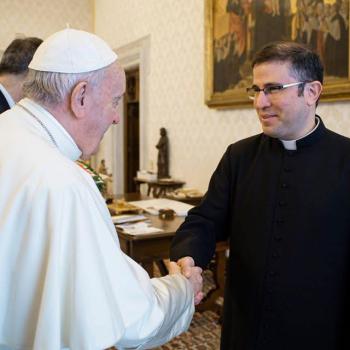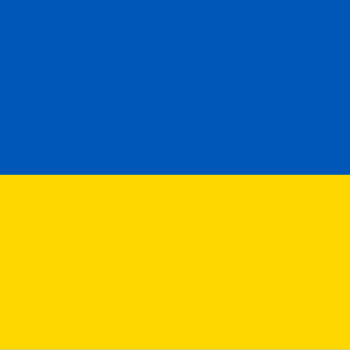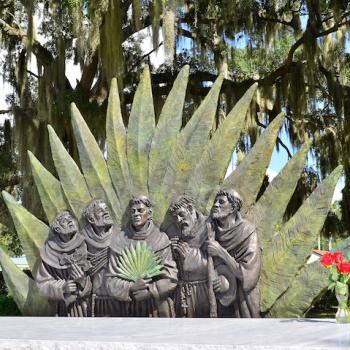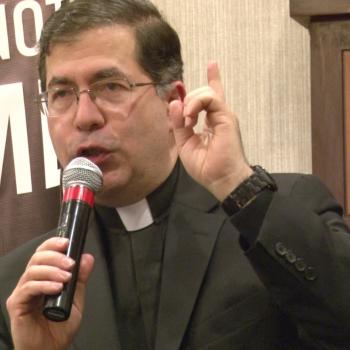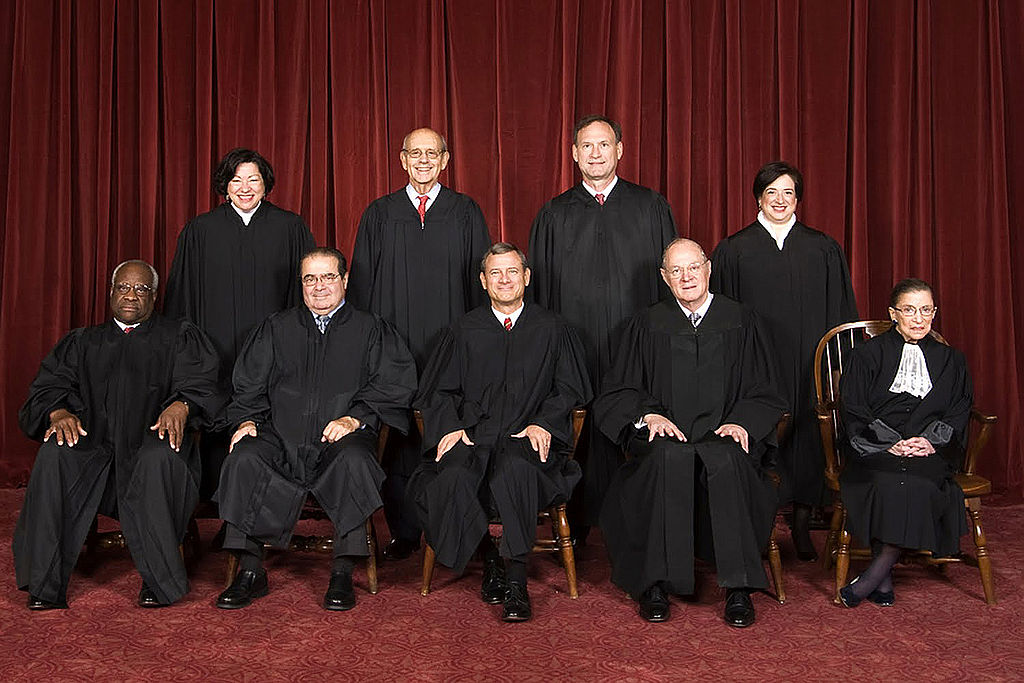
When Elena Kagan was sworn in as a justice of the Supreme Court on August 7th, 2010, a truly historic moment happened. For the first time in history there were no Protestants in the highest court of the land. Three Jews and six Catholics became the highest ranking judges in the country. After the sudden death of Justice Antonin Scalia last month, President Obama has nominated Merrick Garland to be his successor. As soon as I heard the name, I did a quick online search seeking one thing, his religious background. I read he was Jewish and that on his first speech as a nominee he stated, “my grandparents left the Pale of Settlement at the border of western Russia and Eastern Europe in the early 1900s, fleeing anti-Semitism and hoping to make a better life for their children in America.”
Here is the question that has been in my mind now for years, especially since August 7th 2010:
Is there an identifiable, common benefit that Judaism and Catholicism gave the justices during their upbringing that made them, over time, better candidates to become the highest ranking judges in the United States? Regardless of their current practice of their faith, these justices were raised in a Jewish or Catholic context. Is there a common thread in their religious background that has somehow placed them at an advantage when it came to their judicial careers?
With this question in mind, three years ago I read the autobiography of Justice Sonia Sotomayor titled My Beloved World. The book did not satisfy my initial curiosity, but it gave me an understanding of the role the Catholic Church played in the life of the third female and first latina Supreme Court Justice. She wrote that the Sisters of Charity at Blessed Sacrament School in the Bronx helped her shape who she is today as they launched many of their students toward a productive and meaningful existence. Great read, but the question still remained.
I would like to propose a possible benefit the Catholic justices received from a Catholic upbringing that introduced them to the practice of introspection, self-awareness, reflection, analysis, and the law. I think of this possibility every time I hear first confessions.
Catholic children make their first confession at age seven. You may ask, “what does a seven year old have to confess?” The Servant of God Fulton Sheen said that hearing the confessions of nuns is “like being stoned to death with popcorn.” Hearing confessions of children is also like being stoned to death with popcorn.
When children go to confession, though the sins may be repetitive and relatively harmless, the children learn how to be introspective and reflective while growing in self-awareness. They practice sorting through their actions, assessing them as good or bad. The children are taught to make judgments: this is good, this is bad.
I wonder if these skills, instilled in every young Catholic child, are part of the reason why Catholics are so well represented in the Supreme Court. These are all skills that would make a good judge: the ability to make judgments that are thought-out, accurate and fair. This skills gained through confession remain even if the child abandons the Catholic faith later in life.
I wonder if Judaism, with its emphasis on the study of the Law, the Torah, has provided the Supreme Court Justices since childhood a mind that analyzes and studies the law. Certainly a requirement for a successful judge.
It would be amazing to ask the Justices what role their faith has played in the development of their judicial careers. Not necessarily how it has influenced their ideologies, but rather, how it has influenced their understanding and practice of law.
Is this far fetched? Could there be something here?
Picture is in the Public Domain, taken from wikipedia.com








